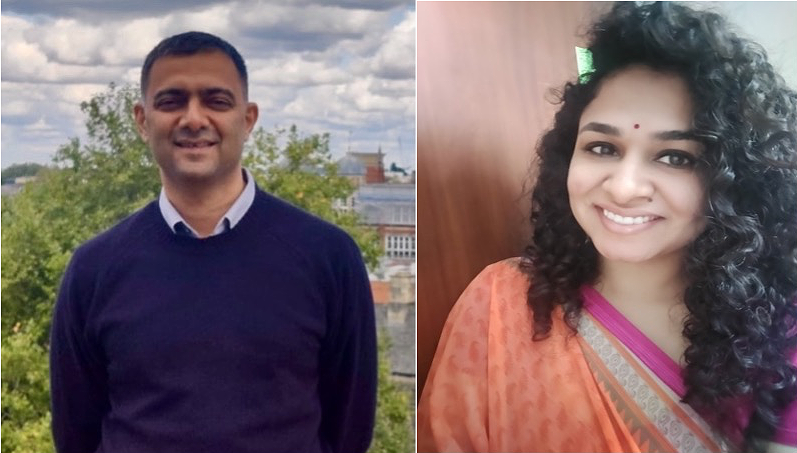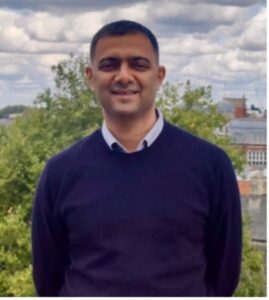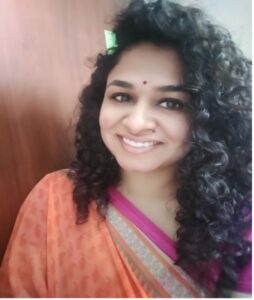
As India is poised to become the third largest economy, there is a pressing need to look at the state of organisations and people within them. That this constitutes a critical enquiry is evidenced from the low percentage of organised sector workers in the country’s workforce, the dearth of industrial innovation, and other alarming socio-economic indicators. Social research in organisations has looked at the cultural intricacies within organisations, and the challenges hence produced. The differences between East and West is evident from such research, especially relating to organisational behaviour. This is particularly significant because entrepreneurs and the managerial elite are either educated in the West or based on Western paradigms imported by mainstream management education. In our own experience as change practitioners, we have witnessed how such socio-cultural phenomena, largely unacknowledged, impinge on organisational success and individual well-being. We have seen how they hamper knowledge creation, growth and innovation, and lead to stressful workplaces.
Critical studies that foreground decolonisation have called for the uncovering of indigenous knowledge. Western paradigms operate tacitly within organisations and are usually imposed from elite standpoints. While there may be disparate accounts of indigenous knowledge, a coherent perspective, let alone methodology, is largely missing. It is in such a context that we seek to explore a ‘critical organisational praxis’. Here, we invoke Freire’s ideas of dialogue and problematisation, and the principles of organisational cybernetics. We seek to develop a theory of critically intervening in organisations at all levels to improve dialogue, and for ways to enable an interplay between multiple epistemologies (Western and indigenous) that may exist in an organisation.
We envisage the scope of such a praxis to include theoretical research about the nature of the Indian organisation, and the development of methods of intervening at various levels. In this presentation, we put forth our experiences in trying to bring to life some of these ideas while examining the nature of our own work.
Speaker Bio

Sujay Dinnalli
Sujay is Chief Scientific Officer at Efion – a consulting practice focused on helping organisations embrace systemic thinking and enhance participation. He is also an independent researcher looking at approaches to intervene effectively in the Indian / Global South context, informed by critical and cyber-systemic perspectives. In past avatars, he has been an entrepreneur, business process consultant, and electronics & communications engineer.

Ushma Desai
Ushma is an Organization Development and Culture Consultant, committed to radically humanizing organizations. As a woman navigating the cultural and corporate landscape of Indian organizations for over a decade, she has witnessed first-hand the profound impact of power structures, oppression, and disconnection. These experiences form the heart of her approach towards co-creating spaces for safe dialogue and shared meaning-making within organizations. She has a post graduate diploma in Organisational Development and Change from Tata Institute of Social Sciences (TISS), and is currently training to complete a diploma in Transactional Analysis from South Asian Association of Transactional Analysts (SAATA).
